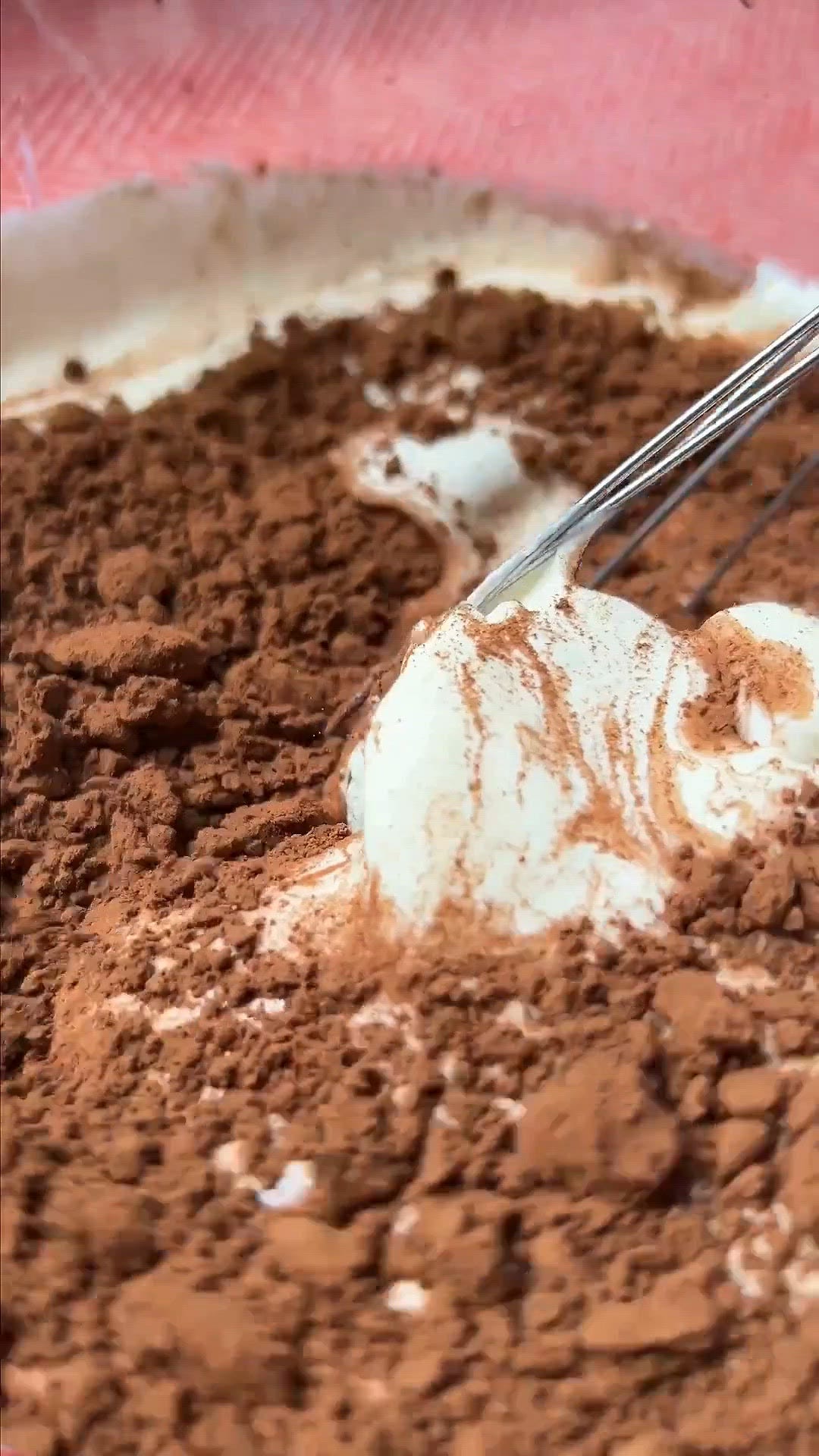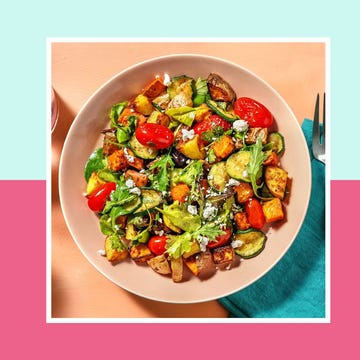Sugar is a wonderfully versatile ingredient. When heated it can be transformed entirely - into crisp caramel - perfect for use in desserts and other delicious sweet treats.
Dry caramel recipe
Use to make decorations. They can be made up to 24 hours in advance and stored in an airtight container.
What to read next
1. Line a baking sheet with oiled greaseproof paper. Put 200g (7oz) caster sugar in a heavy-based pan with 4 tbsp water. Heat gently until the sugar dissolves.
2. Bring to the boil, then cook until it turns a medium caramel colour. Dip the base of the pan in cold water to stop the caramel cooking further. Use immediately before it begins to harden.
3. For caramel flowers, dip a fork into the caramel and use it to make abstract shapes 4cm (1½in) in diameter on oiled greaseproof paper.
4. For caramel cages, lightly oil the back of a ladle. Drizzle caramel threads in a crisscross pattern, finishing with a thread around the rim.
Video: How to make dry caramel
Wet caramel recipe
A good sauce to use with fruit such as oranges, peaches and pineapple.
1. Put 200g (7oz) sugar in a heavy-based pan with 150ml (¼ pint) water. Heat gently to dissolve. Bring to the boil and cook until it turns a medium caramel colour.
2. Remove from the heat, stand away and pour in 150ml (¼ pint) wate.r Heat and stir to dissolve, then cool.
Can't get enough of caramel? Try these delicious, triple-tested recipes:
Crêpes with nectarines and caramel sauce
A crack team of highly skilled food content producers, the GH Kitchen Team are Good Housekeeping’s resident recipe developers and all-round food obsessives. GH Kitchen Director Sarah Akhurst is our resident hosting pro and loves nothing more than putting on a foodie feast for friends. Senior Cookery Writer Alice Shields is a former pastry chef and baking fanatic who loves making bread and would have peanut butter with everything if she could. Lover of all things savoury, Senior Cookery Writer Grace Evans can be found eating nocellara olives at every opportunity, and will take the cheeseboard over dessert any time. With a wealth of professional kitchen experience between them, they’re dedicated to ensuring every Good Housekeeping recipe is the best it can be, so you can trust they’ll work every single time.













